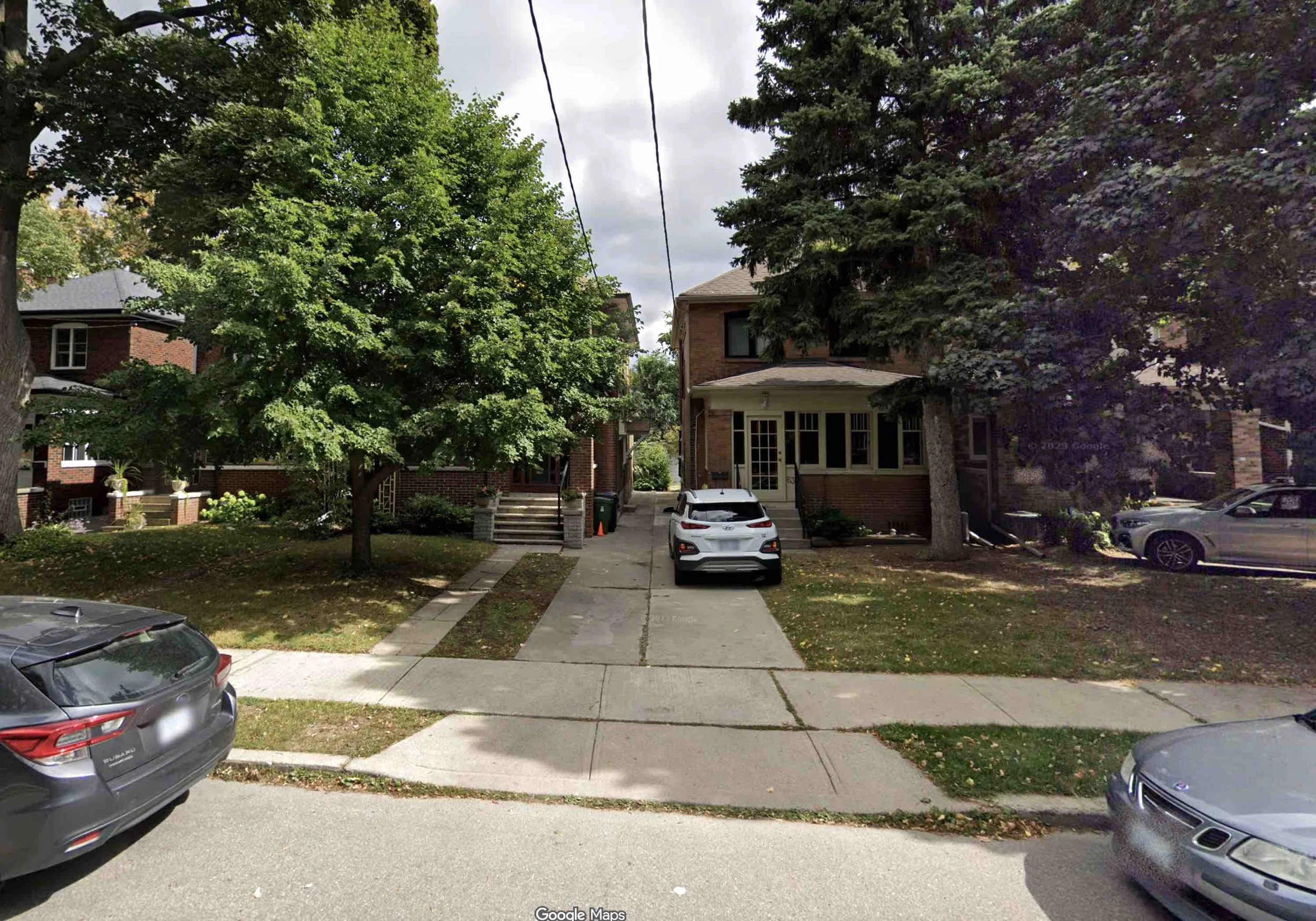EV Charging and Parking Pads: Toronto’s Regulatory Debate
The Struggle to Reimagine Front Yard Parking Pads for a Greener Future.
The recent case of a Toronto resident's struggle to keep his front yard parking pad, as reported by Global News, sheds light on a critical issue at the intersection of urban planning and environmental sustainability. David Jankovic's bid to install an electric vehicle (EV) charging station was denied, highlighting the challenges homeowners face in contributing to the city's carbon-reduction goals.
While concerns about preserving streetscapes and avoiding the loss of street-permit parking are valid for some properties, there is a compelling argument for reevaluating the criteria for front-yard parking pads in light of the growing need for EV infrastructure.
The Need for Flexibility in Front Yard Parking Regulations
Toronto, like many cities, has set ambitious targets for reducing carbon emissions. One key component of this plan is increasing the number of electric vehicles on the road. However, the current infrastructure, particularly the availability of EV charging stations, is insufficient to support this transition. Homeowners like Jankovic, eager to switch to electric vehicles, are finding themselves stuck in a bureaucratic quagmire that hinders their ability to contribute to the city's environmental goals.
Councillor Gord Perks' argument against parking pads is rooted in concerns about safety and the potential misuse of these spaces. It's true that not all parking pads will be used for EVs; however, his argument for not wanting cars to drive over sidewalks, as they could pose a risk to pedestrians, is a spurious one since most private driveways in Toronto back their cars out over the sidewalk, as they do in every city in the world.
Balancing Streetscape Preservation with Environmental Goals
One of the primary objections to front yard parking pads is their impact on the aesthetics of residential streetscapes. Critics argue that parking pads can disrupt the visual harmony of a neighbourhood, particularly when they replace green spaces with concrete. This is a valid concern, as maintaining the character and beauty of our neighbourhoods is important for the well-being of residents and the city's overall appeal.
However, parking pads do not have to be an eyesore. With the right design and landscaping, they can be integrated into the streetscape in a way that preserves and even enhances the beauty of the neighbourhood.
The current by-law already limits the size of parking pads and requires a certain amount of soft landscaping around the pad, such as grass, shrubs, or trees, which helps maintain the greenery and aesthetic appeal of the area.
Additionally, the city already requires the use of materials that allow for water absorption, such as porous bricks or permeable pavers, which mitigate the environmental impact of the pad itself by reducing water runoff into overloaded storm sewers.
The Path Forward
As the city continues to push for a greener future, it is essential that our regulations evolve to support this vision. Front-yard parking pads, when designed thoughtfully and regulated effectively, can play a crucial role in expanding EV charging infrastructure availability. By relaxing the criteria for these pads and encouraging designs that are both functional and aesthetically pleasing, Toronto can strike a balance between preserving its streetscapes and achieving its environmental goals.
The case of David Jankovic serves as a reminder that the transition to a low-carbon future requires not just big-picture planning, but also practical, on-the-ground solutions that empower individuals to make sustainable choices. It's time for the city to embrace a more flexible approach to front yard parking pads—one that recognises the urgency of the climate crisis while respecting the character of our neighbourhoods.
Contact us if you’re interested in a legal parking pad at your property to charge your new EV.
We can assess your property to see if it would qualify under the current by-law, and if it does qualify, we can help with permits and building your new front yard parking pad.


















